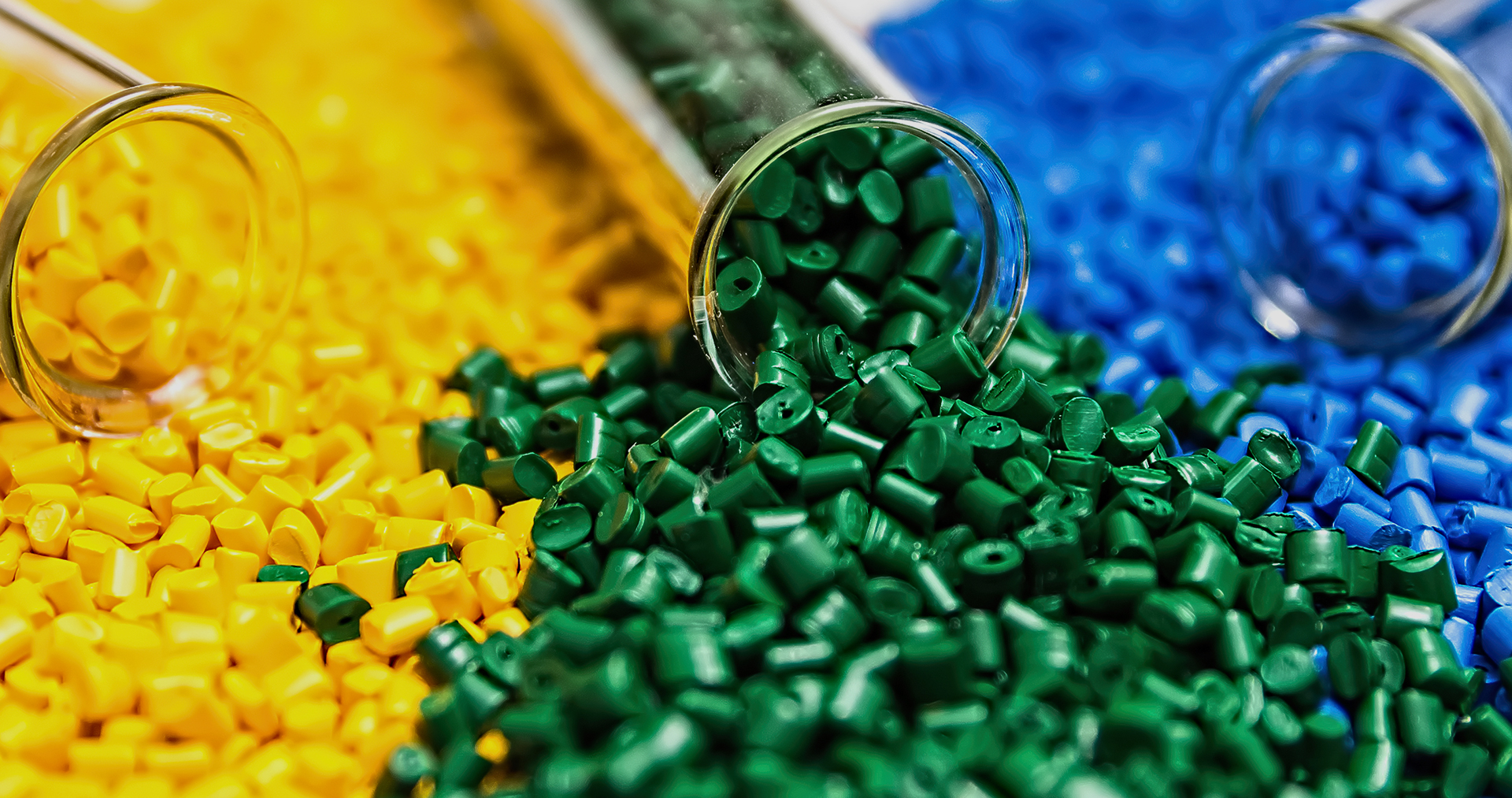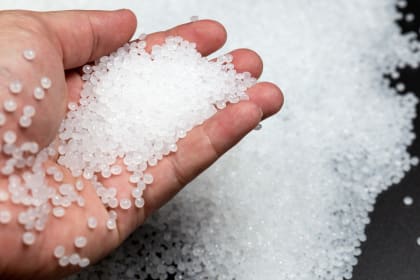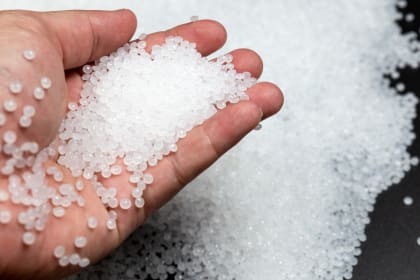
LDPE is a low-density polyethylene thermoplastic polymer. It is valued for its versatility, flexibility, and budget-friendliness. This semi-crystalline material finds its niche in the giant industrial scene due to its specific properties and broad applications.
LDPE is a versatile polymer that has a linear structure with short branches. Thus, it is unmatched in its flexibility and sturdiness. It can be stretched, pulled, or bent without compromising its strength.

LDPE has excellent strength while also maintaining flexibility. It can bend, stretch, and even break while maintaining its toughness and resistance to impact.

The hydrophobic character of LDPE's molecular structure helps it to be impermeable to water and is also resistant to a wide variety of organic acids and solvents.

LDPE is a polymer that can be easily fabricated by various means like extrusion, injection molding, and blow molding, thereby improving its cost-effectiveness and adaptability to manufacturing.

LDPE is easily recyclable and reusable. Therefore, it is also perceived as a safer option than some other kinds of plastics since it is non-toxic.
LDPE has versatile properties, such as elasticity, strength, moisture resistance, and chemicals, which allow it to be used in numerous ways in various industries.
 Packaging industry
Packaging industry LDPE is excellent for products such as food items, clothes, and hardware, it provides packing solutions because of its flexibility and water resistance.
LDPE's clinginess and stretchability make it ideal for wrapping and bundling products securely.
The material's ductility and chemical stability make it safe for storing uniformly viscous liquids and semi-solids.
 Consumer products
Consumer products As LDPEs are strong and have high tear resistance, they act as the best choice for creating trash bags and can liners.
The long-lastingness and safety of this material are the major factors, which make it a multi-purpose material for home and child use.
The lightweight feature of LDPE and its tough structure allows for use in furniture and household storage purposes.
LDPE is resolute to weather and its low maintenance requirements make it suitable for outdoor applications.
 Construction and infrastructure
Construction and infrastructure LDPE's impermeability to moisture not only helps to protect the building from weather but also serves as a barricade material in construction.
The material's chemical resistance prevents the liquid from seeping through or being contaminated by the environment.
LDPE provides protection from moisture and chemical decay as well as physical damage among others.
 Strength-wise applications
Strength-wise applications LDPE's excellent durability and shock resistance are the reasons for its use as a packaging material, which is made to protect items with high weight or fragility during transportation.
Their strength and chemical stability are highly desirable for the storage and transportation of industrial chemicals or materials.
LDPE's weatherability and sturdiness properties are highly used in these products.
Its lightness and ability to withstand strain is another feature of LDPE which makes it useful for shipping and logistics.
 Flexible applications
Flexible applications LDPE's initial yielding and compliance make it perfect for effective packaging and ensuring products are securely bound, sealed, and preserved.
LDPE has fabric properties such as flexibility and moisture absorption that allow it to be used for plastic sheeting and vapor barriers.
Technical characteristics of LDPE which include electrical insulation and melting rate make it a top choice for electric cables and wires.
The polymer's chemical resistance and ability to bend, without breaking, are the reasons which make it good for these uses.


We would love to hear from you. Whether you have a question about our products, need advice on choosing the right materials, or want to learn more about our sustainability initiatives, our team is here to help. Please reach out to us at